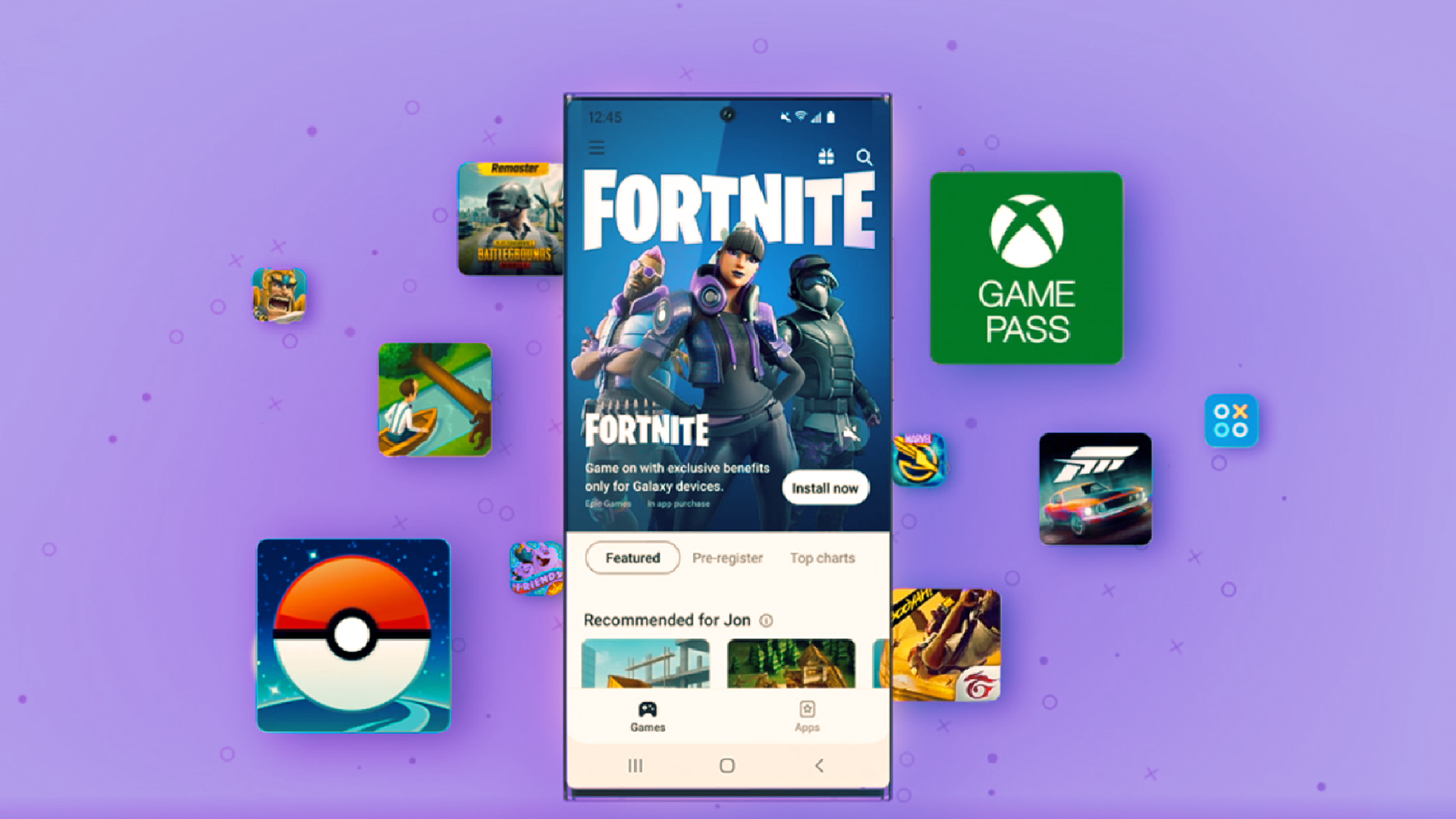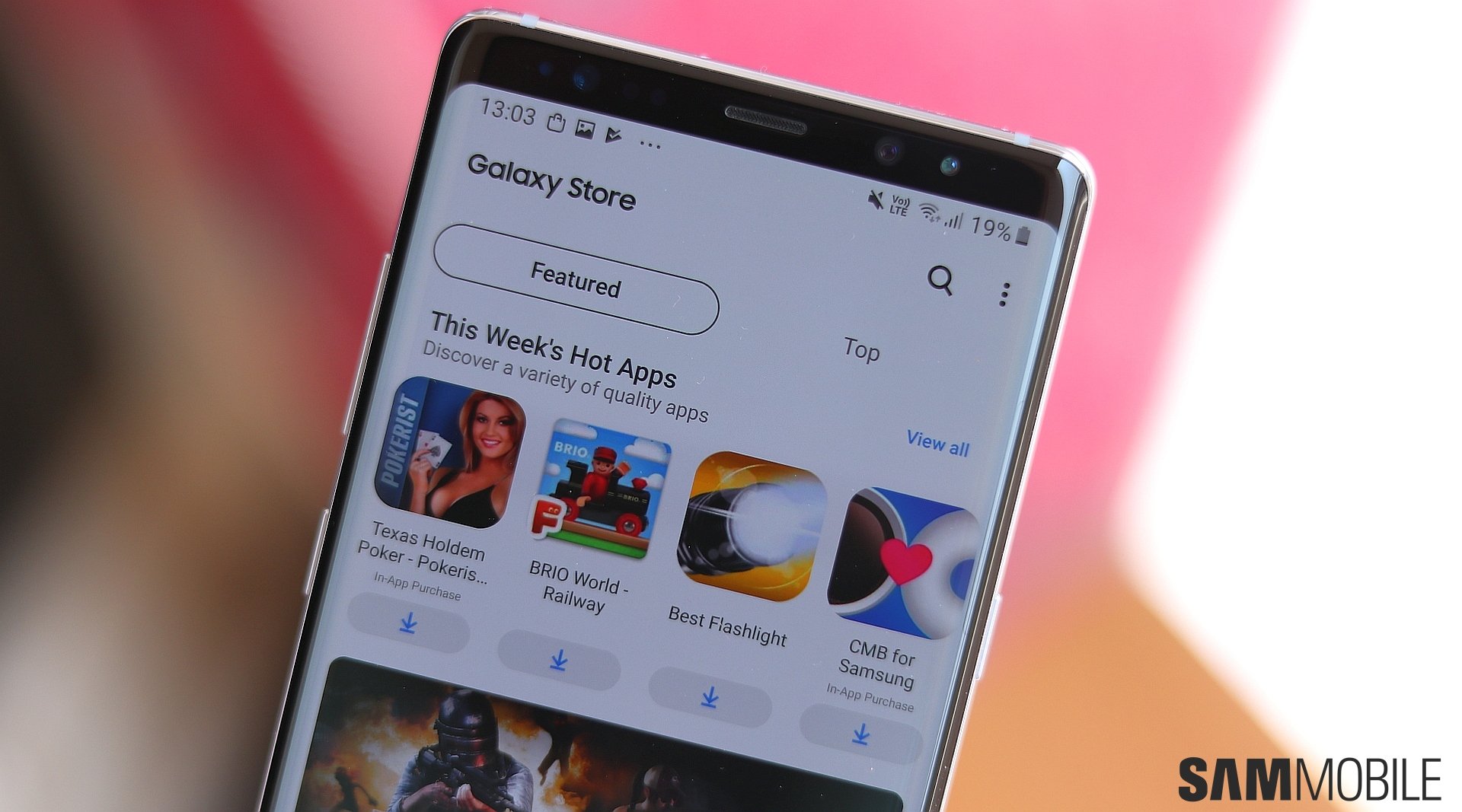Galaxy Store, Samsung's alternative to Google's Play Store, comes pre-installed on Galaxy smartphones and tablets. Users can download apps, games, themes, and more from the Galaxy Store. Sometimes, it exclusively lists some Samsung apps and third-party gaming titles like Fortnite, and Google reportedly felt so threatened by it that it tried to kill it illegally.
According to an antitrust lawsuit filed against Google by a coalition of 36 states' attorney generals, the internet search giant is illegally attempting to control app and game distribution on Android. The company reportedly paid off popular app developers to stop them from listing their apps on other app stores like the Galaxy Store and Amazon Appstore.
Google's tactics prevented Galaxy Store from emerging as a viable Play Store alternative
Going by the information present in a heavily redacted section of the lawsuit, Google used various tactics to prevent Samsung's Galaxy Store from becoming a viable alternative to the Play Store. It was also mentioned that Google made “a direct attempt to pay Samsung to abandon relationships with top developers and scale back competition through the Samsung Galaxy Store.”
“Google felt deeply threatened when Samsung began to revamp its own app store, the Samsung Galaxy Store,” the lawsuit says, and describes Google’s approach to the competing store as “a threat it needed to preemptively quash.”

The internet search giant also Google also used revenue-sharing agreements with various Android OEMs that prohibited them from pre-installing app stores other than the Play Store. Apparently, Google's response came as a direct consequence of Epic Games choosing to distribute Fortnite outside of the Play Store via direct download from its website and Galaxy Store. “To Google, competition in app distribution is a virus to be eliminated,” the suit says.
Google's claims of Android's openness seem like a facade
Although Google claims that, unlike Apple, it allows rival app stores and direct sideloading of apps and games on Android, the lawsuit alleges that its openness is a facade. Although people have the choice of downloading Android apps from elsewhere, Google's business practices prevent a viable app store (such as Samsung's Galaxy Store) from emerging.
Epic Games made similar allegations against Google in its lawsuit last year and claimed that the internet services firm forced OnePlus from preloading a special Fortnite launcher on its smartphones. The company also reportedly prevented LG from pre-installing the Epic Games app on its devices.







